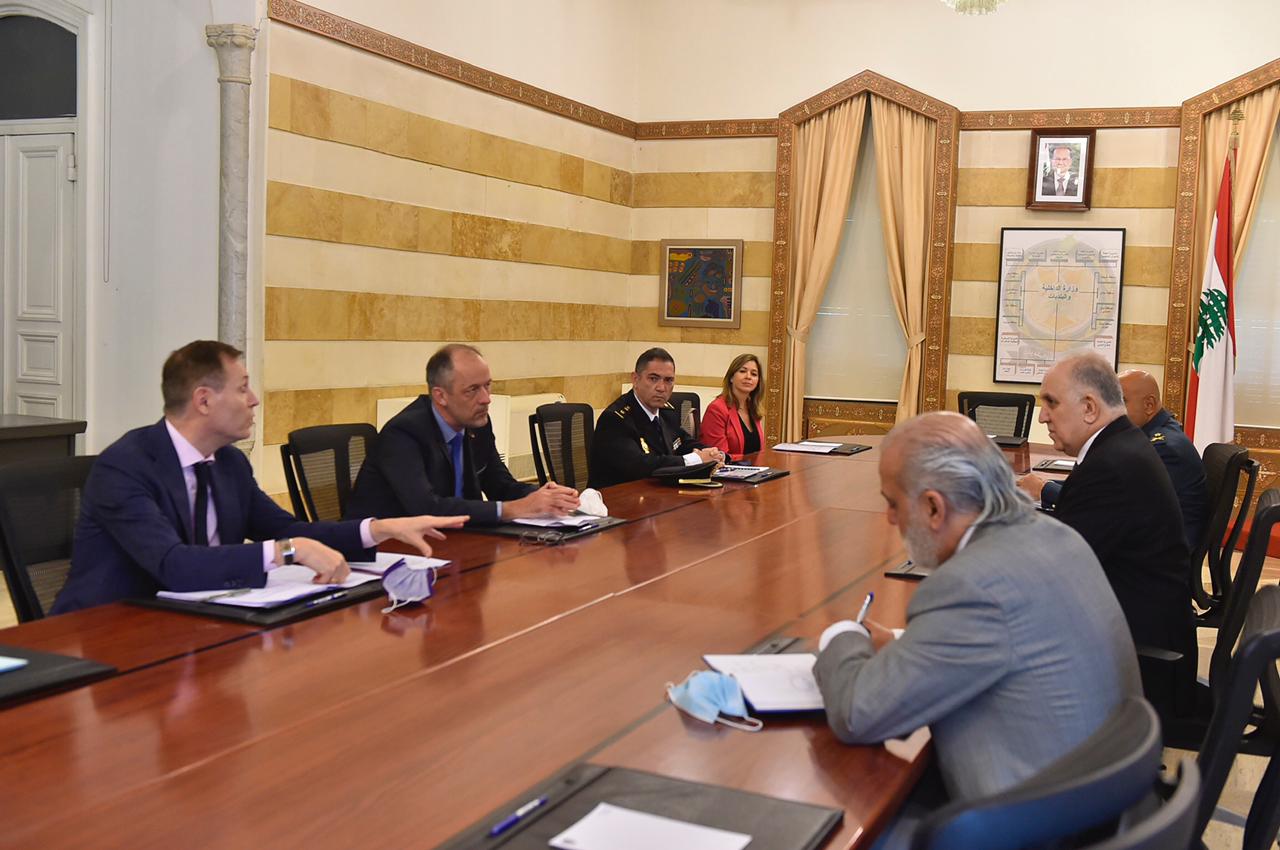-
18 July 2021
Category : Opinion
Instability and economic, political and social crisis in Lebanon
Crisis and instability prevail in a complex time for Lebanon. We at FIIAPP are working with the country's institutions to support a local, community-friendly police model that respects human rights and the rule of law. Consuelo Navarro, coordinator of the "Promoting Community Policing in Lebanon” project and its human rights expert, Laia Castells, tell us about the current situation in the country and the progress being made in promoting cooperation despite the circumstances.

The FIIAPP and CIVIPOL “Promoting Community Policing in Lebanon” project is going according to plan despite the many difficulties and challenges currently facing the country.
The political, economic and social crisis continues to impact on Lebanon. Indeed, owing to the cost-cutting plan launched by the Government, the prices of basic products have risen drastically, not to mention the serious electrical crisis caused by the lack of gas and oil reserves, thus keeping the country mired in an increasingly worrying economic recession.
In recent days, the national electricity company, Electricidad del Líbano (EDL), has been forced to ration service throughout the day, causing long periods of power outages. There were particularly tense moments in Beirut in the first week in July on account of the limited and irregular 4 hours of electricity a day, while in other regions, such as Tripoli, people are receiving only 2 hours’ service a day. The private electricity companies, which are replacing the state electricity service in this time of cuts, are making generators and gensets available to the public. Nonetheless, these companies are likewise suffering from the shortages of the fuel necessary to keep them operational. Indeed, they have said they will be unable to maintain the level of supply demanded for much longer unless they are given access to a greater quantity of subsidised oil or gas.
Fuel cuts are also affecting the transport sector and internal travel around the country. Long queues of cars, trucks, motorcycles and vans are commonplace at petrol stations as they seek to buy a maximum of 10 litres of petrol or gas at prices way beyond the purchasing power of a sizeable portion of the local population on account of the current level of inflation of the Lebanese pound.
These power cuts and the lack of access to transport are making it very difficult for people to carry out any type of economic, political or social activity. Tensions and social anxiety are on the rise as street demonstrations increase with each passing day.
Despite these challenges, the Project and its team continue working to plan, adapting to the situation in the country, doing everything possible to maintain the level of commitment of all stakeholders through personal visits, telephone calls and, when the electricity permits, permanent online communication between team members and their national counterparts.
This commitment is readily attested to by the holding of the first Project Steering Committee Meeting virtually on 6 July from Beirut. This Project Work Plan launch meeting brought together over 30 representatives of Lebanese institutions and the entire FIIAPP and CIVIPOL team, made up of both field and Madrid-based members. The Steering Committee unanimously approved the work plan proposed, a real success story given the current, difficult state of affairs.
Consuelo Navarro, coordinator of the Promoting Community Policing in Lebanon project
Laia Castells, human rights expert for the Promoting Community Policing in Lebanon project
The views and opinions expressed in this blog are the sole responsibility of the person who write them.






